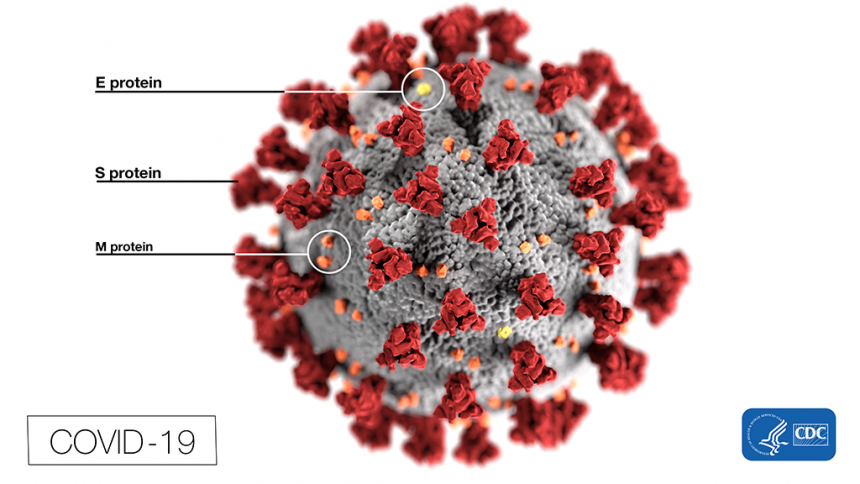
MSU VDL Testing Capabilities for SARS-CoV-2 in Animals
May 6, 2020 - To provide support to human and animal health agencies in the State of Michigan, the Michigan State University Veterinary Diagnostic Laboratory can test animals for SARS-CoV-2 (COVID-19). This test is not currently available to veterinarians or the general public for routine testing.
For guidance on when testing is appropriate, please see Evaluation for SARS-CoV-2 Testing in Animals from the Centers for Disease Control and Prevention, the AVMA guidance on testing animals for SARS-CoV-2, and the FAQ on Animal Coronavirus Testing from the United States Department of Agriculture.
Please contact your state veterinarian to obtain approval and for required information for testing. For Michigan animals, please call the Michigan Department of Agriculture and Rural Development at 800-292-3939. Positive test results will be reported after confirmation by the USDA’s National Veterinary Services Laboratory. Any detection of SARS-CoV-2 in an animal must be reported to the OIE (World Organisation for Animal Health).
Resources
FAQ on Companion Animal Coronavirus Testing (USDA) Confirmed cases of SARS-CoV-2 in Animals in the United States (USDA)For More Information
- American Veterinary Medical Association (AVMA)
- Centers for Disease Control and Prevention (CDC)
- CDC: Animals and Coronavirus Disease 2019 (COVID-19)
- World Health Organization (WHO)
- World Organisation for Animal Health (OIE)
- Michigan Veterinary Medical Association: COVID-19 Updates & Resources (for Michigan practitioners)
- State of Michigan: Coronavirus Disease 2019 (for Michigan residents)
Previous Updates from the MSU VDL
Page last updated: October 19, 2021
